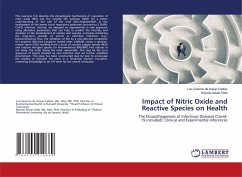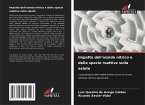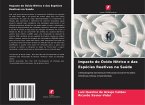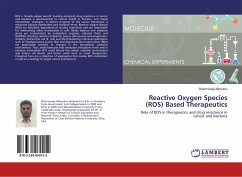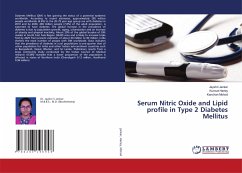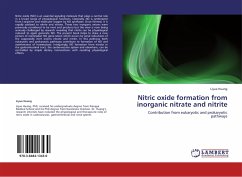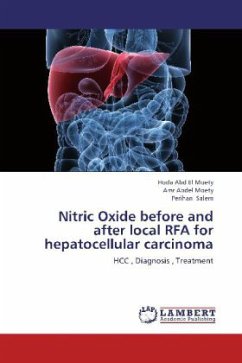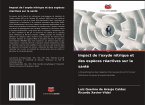This overview first describe the physiological mechanisms of regulation of nitric oxide (NO) and the enzyme NO synthase (NOS) for a better understanding of the role of the triad NO/L-Arginine/NOS in the involvement of the severe acute respiratory syndrome coronavirus 2 (SARS-CoV-2) infection. Second, we adopted an experimental in vivo approach using allometric parameters that can help to predict the intensity and duration of the development of cardiac and vascular outcomes mimicking the long-term cascade of events in microbial infections (e.g., betacoronavirus).Thus, the inhibition of NO by a non-selective competitor of L-arginine (NG-nitro-L-arginine methyl ester, L-NAME) causes a cytokine release storm (CRS) resulting from a burst of reactive oxygen species (ROS) and reactive nitrogen species (or intermediates) (RNS/RNI) free radicals in our body, the latter being the most responsible. This may be the core sequence of events initiated by viral infection that are further amplified downstream. This essay has been constructed step by step to encourage the readers to interpret the ideas in a 'brickwise manner' hereafter, cementing knowledge to set off them for the overall conclusion.
Bitte wählen Sie Ihr Anliegen aus.
Rechnungen
Retourenschein anfordern
Bestellstatus
Storno

